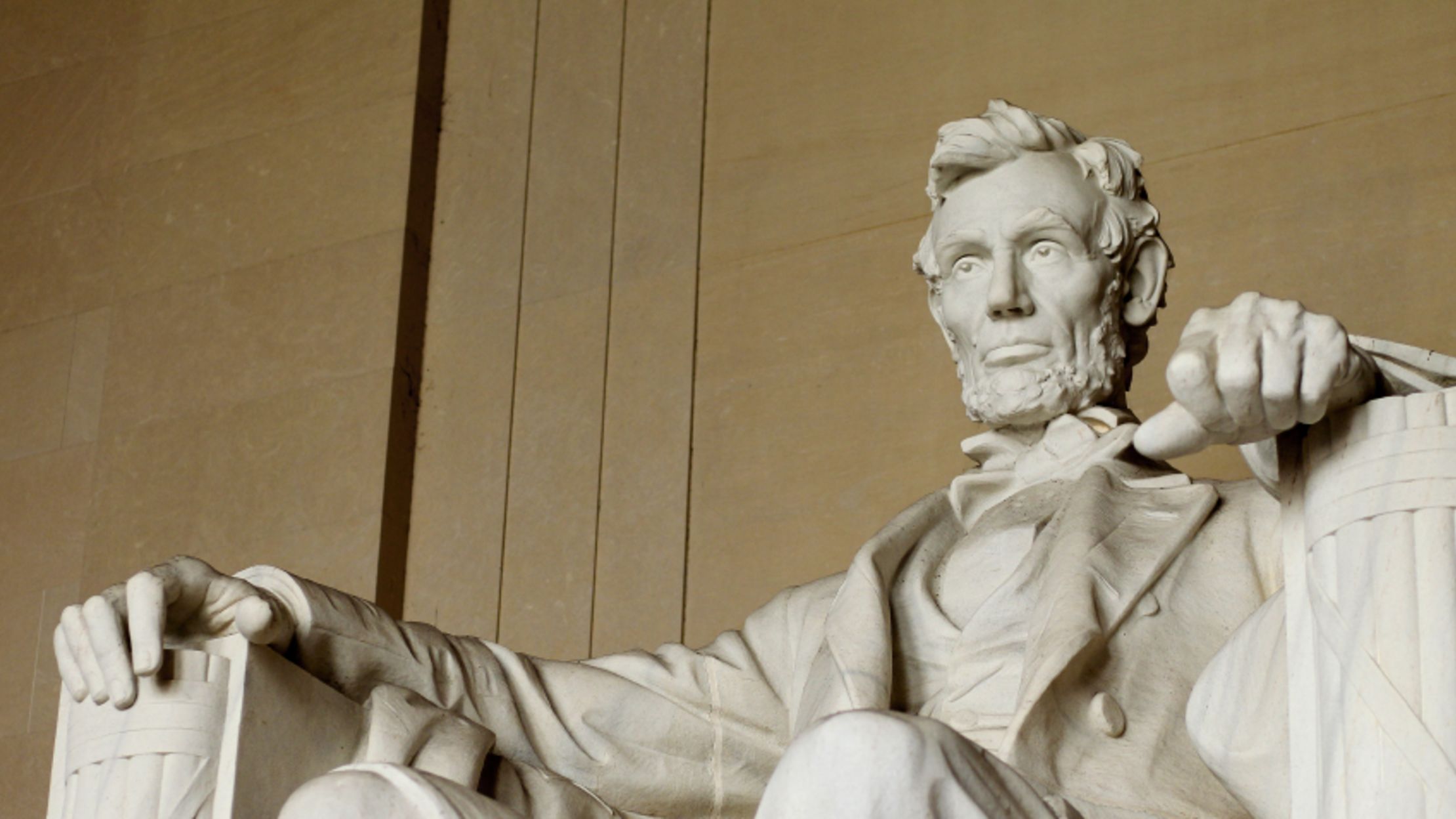U.S. President Abraham Lincoln delivered the Gettysburg Address at the dedication of the Soldiers’ National Cemetery in Gettysburg, Pennsylvania, a site that had been one of the most brutal battles in the American Civil War. Just 271 words, it is one of the best-known and most highly regarded speeches in American history.
In it, Lincoln talks of a greater war than the one taking place on the battlefield, and that was the fight for liberty. This fight he said, tested whether the notion of a government of the people, by the people, and for the people, could endure the tumult and vagaries of difference. This was a notion after all, that relied on people to be active, knowledgeable, and engaged as citizens, in their communities and in their country.
Just as back then, today the world is in a challenging place. Amidst a global pandemic that has taken hundreds of thousands of lives, and placed the world’s economy on the edge of disaster, we have seen the deep fissure of inequity pervade our societies, and the sustained threat from accelerated climate change – all risks that threaten civil societies globally.
But we have also seen in equal measure the rise of volunteers who commit their time, talent, and energy to build cohesive, resilient communities. Volunteers who push for change, organizing on every issue and raising our awareness and perception of the realities of inequality, injustice and climate change. Volunteers who are the world’s advocates, activists and change-makers.
No matter what the results of the U.S. election, there will always be much work ahead to protect the vulnerable and advance the cause of liberty for all. And just as importantly, there will always be the continued reliance on volunteers serving as vital actors in participatory democracy for peace, justice and sustainability to endure.
Nichole Cirillo
IAVE Executive Director
Four score and seven years ago our fathers brought forth on this continent, a new nation, conceived in Liberty, and dedicated to the proposition that all men are created equal. Now we are engaged in a great civil war, testing whether that nation, or any nation so conceived and so dedicated, can long endure. We are met on a great battle-field of that war. We have come to dedicate a portion of that field, as a final resting place for those who here gave their lives that that nation might live. It is altogether fitting and proper that we should do this. But, in a larger sense, we can not dedicate—we can not consecrate—we can not hallow—this ground. The brave men, living and dead, who struggled here, have consecrated it, far above our poor power to add or detract. The world will little note, nor long remember what we say here, but it can never forget what they did here. It is for us the living, rather, to be dedicated here to the unfinished work which they who fought here have thus far so nobly advanced. It is rather for us to be here dedicated to the great task remaining before us—that from these honored dead we take increased devotion to that cause for which they gave the last full measure of devotion—that we here highly resolve that these dead shall not have died in vain—that this nation, under God, shall have a new birth of freedom—and that government of the people, by the people, for the people, shall not perish from the earth.
Abraham Lincoln

